Babies are curious and as you must have gathered like to put things straight into their mouths. Every Parent always wants to keep their baby safe and although there are many measures you must take to protect your child from injury or accident in the house. We have listed 7 basic safety tips that will help keep your child out of harm's way in the home.
1. When placing your baby’s crib ensure you keep the crib away from electric cords, drapes and curtain cords, or better still tie up the cords properly so that it is out of your baby’s reach. Mobiles and hanging crib toys should also be kept out of your baby’s reach. Remove strings on crib toys and pacifiers.
2. Babies and children can drown in as little as 5cm of water; this isn’t to make you scared but to emphasize the importance of being vigilant when your child is playing near water. To keep your child safe: Always stay with your baby or child when they are in the bath. Also, remember to empty the bath as soon as you are finished with it. Don't leave the room until all of the water has drained away.
3. If you have a staircase in your home, always make sure that it is always tidy and you don’t have items lying on the stairs that can cause you or your child to trip. Get a carpenter or welder to put safety gates with locking handles at the top and bottom of the stairs, this way you are sure your child can’t open the gates with their little fingers.
4. Pillows, blankets, stuffed animals and other accessories may look cute, fluffy and makes your baby’s crib looks warm and comfy, but they can easily roll on top of babies and make breathing difficult. Instead of all these, use a firm mattress covered with a tight-fitting crib sheet and you can be sure your baby is having a safe and sound sleep.
5. The most common dangers in the kitchen are scalds from hot water, burns from cookers and poisoning from cleaning products. To help prevent any of these accidents it's a good idea to use a safety gate so that your child can't get into the kitchen without your knowledge. Also keep all household chemicals and cleaning materials out of reach, as they may be poisonous. Fix safety catches to all low-level cupboards, drawers, the fridge and freezer and washing machine to keep your child out of them.
6. It's important to make sure that the environment where your baby plays is risk-free and that all toys are suitable. Give your baby toys that are suitable for his age and check the toys regularly for sharp or broken bits that could hurt your baby.
7. Seek out solid seating, as your toddler struggles to sit still, it's a good idea to choose seating that cannot easily be tilted over. Consider using a bench along one wall to create a long, solid surface. Push any chairs right in against the table when not in use to discourage climbing. When decorating the table, position any decorative pieces right in the centre. If you want to spread a cloth, make sure it doesn't dangle over the edges.
Just remember that no matter how much you childproof your home, there’s no substitute for your eagle-eyed supervision. So always keep your child in sight, and be extra alert in the kitchen and bathrooms. While you don’t need to hover at all times, staying close by and being observant gives you the chance to teach your baby that some items are off-limits. When you can, use words like “hot!” ensure your baby knows to reinforce your safety lessons. Eventually, your child will start to catch on.


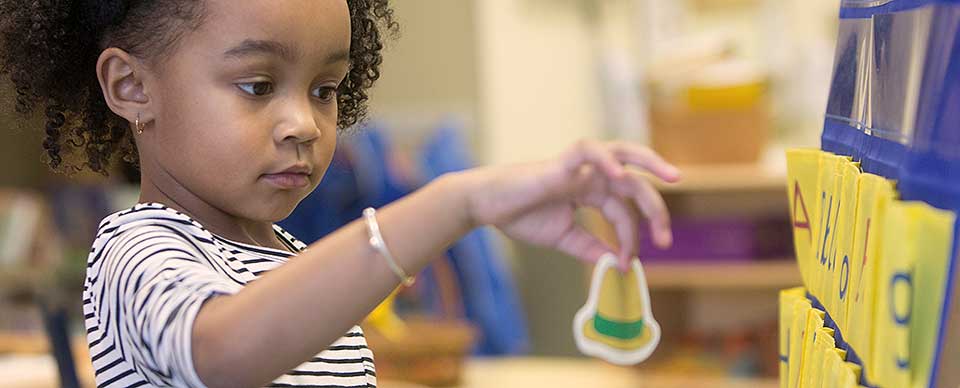

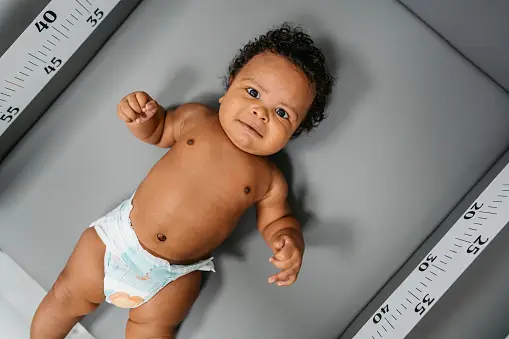
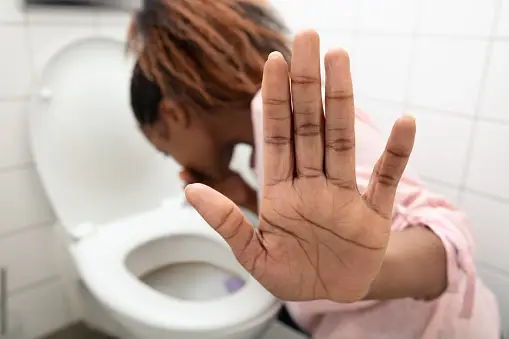
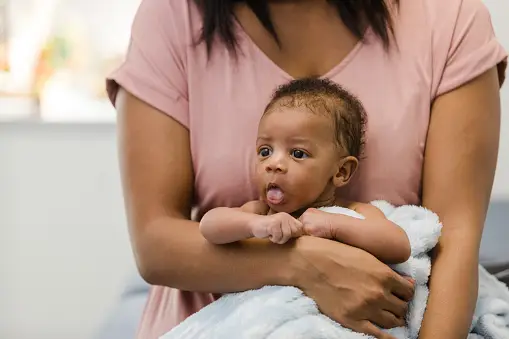


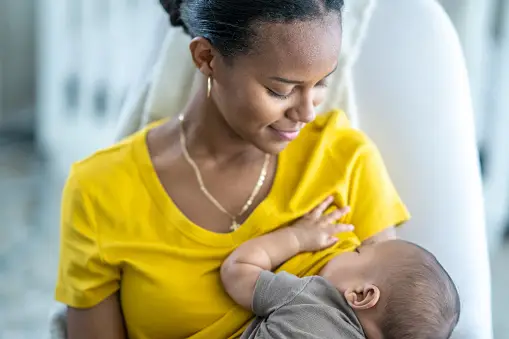
Comments